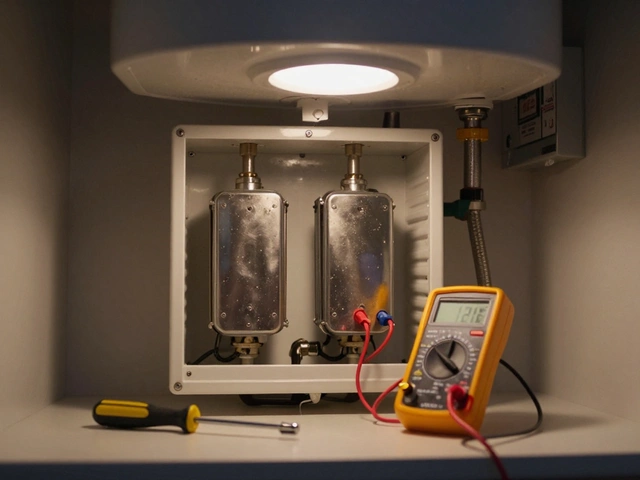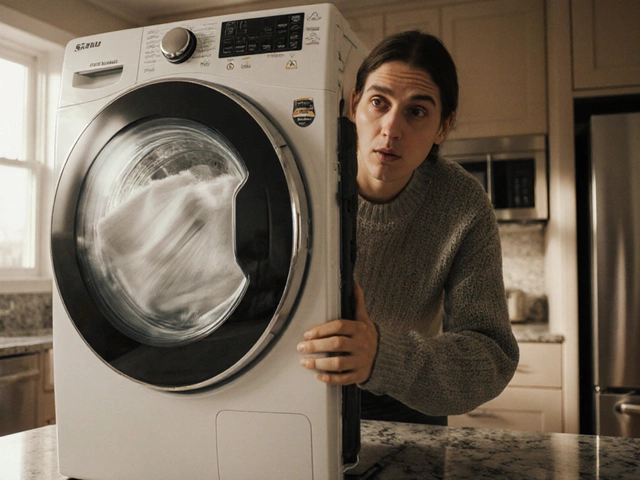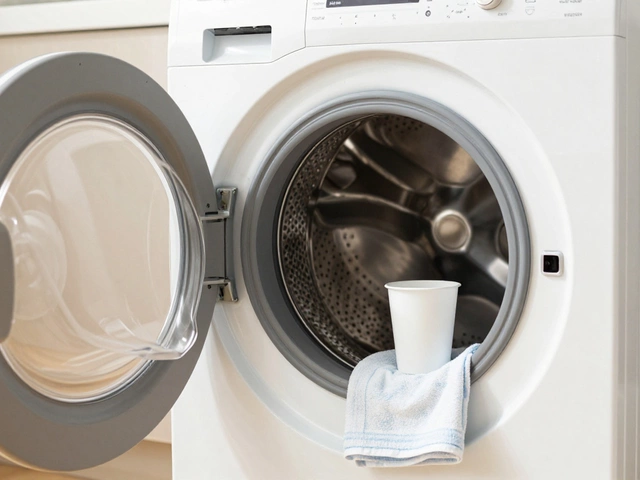Got a kitchen or bathroom fan that hums, rattles, or just stops working? You’re not alone. Most homes have at least one extractor fan, and they tend to collect grease, dust, and wear over time. The good news? Many common issues are fixable with a few tools and a bit of patience. This guide walks you through the most likely problems, quick checks you can do yourself, and the point where you should call a professional.
First, figure out what the fan is doing (or not doing). Is it making a loud whining noise? That usually means the motor bearings need a little oil or the blade is hitting debris. If the fan won’t turn on at all, check the switch and the circuit breaker before assuming the motor is dead. A third common gripe is weak airflow – often caused by a clogged filter or duct.
Here’s a quick checklist:
Most of these steps take under ten minutes and often bring the fan back to life.
If the basic checks don’t solve the issue, it’s time for a deeper dive. Start by disconnecting power at the breaker. Then remove the fan housing – you’ll usually find a few screws at the top or bottom. With the housing off, you can see the motor and wiring.
For a motor that’s burnt out or doesn’t spin even after oiling, the safest move is to replace the whole unit. Extractor fans are relatively inexpensive and come with all the mounting hardware you need. Measure the old fan’s dimensions, buy a replacement with the same airflow rating (CFM), and follow the manufacturer’s mounting instructions.
When you should call a pro:
Professional technicians have the tools to test motor windings, replace internal components, and ensure the fan complies with building codes. A quick call can save you from a bigger repair down the line.
In short, most fan hiccups are due to dust, a clogged filter, or a dry motor. A systematic check, a little cleaning, and maybe a dash of oil can fix them. Keep a spare fan on hand for easy swaps, and know when the job is beyond DIY – that’s when a qualified repair expert steps in.

Extractor fans are essential for maintaining good air quality, especially in kitchens and bathrooms. When they stop working, it might be due to electrical, mechanical, or cleanliness issues. Understanding the root causes of fan failures can save you time and money in repairs. Discover common problems, practical tips, and preventive measures to keep your fan spinning efficiently.

Fix a water heater producing cold water by checking the power, testing heating elements, adjusting the thermostat, flushing sediment, and replacing faulty parts like the dip tube or thermocouple. Most issues are simple DIY fixes.

Got an electric oven that's not heating? Discover the most common issues, why they happen, and how you can fix or prevent them without calling a pro.

Learn why and when appliances need professional service, the signs of trouble, how often each should be checked, DIY tips, costs and when to replace.

A reliable heat pump is essential for maintaining comfort in your home. Some signs indicate that your heat pump might need replacing, such as increased energy bills, inconsistent temperatures, strange noises, old age, and frequent repairs. Understanding these warning signs can help you decide if it's time to invest in a new system.

The longest average lifespan of a washing machine is 15-20 years for high-quality models with proper care. Most last 8-12 years, but maintenance, load size, and water quality make a huge difference. Learn how to extend your washer's life and when to repair vs. replace.